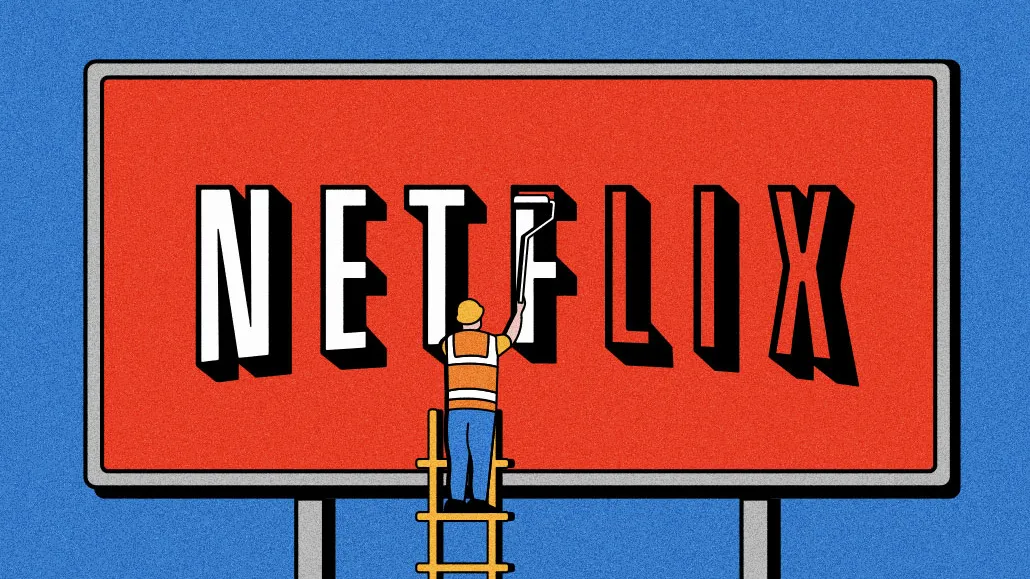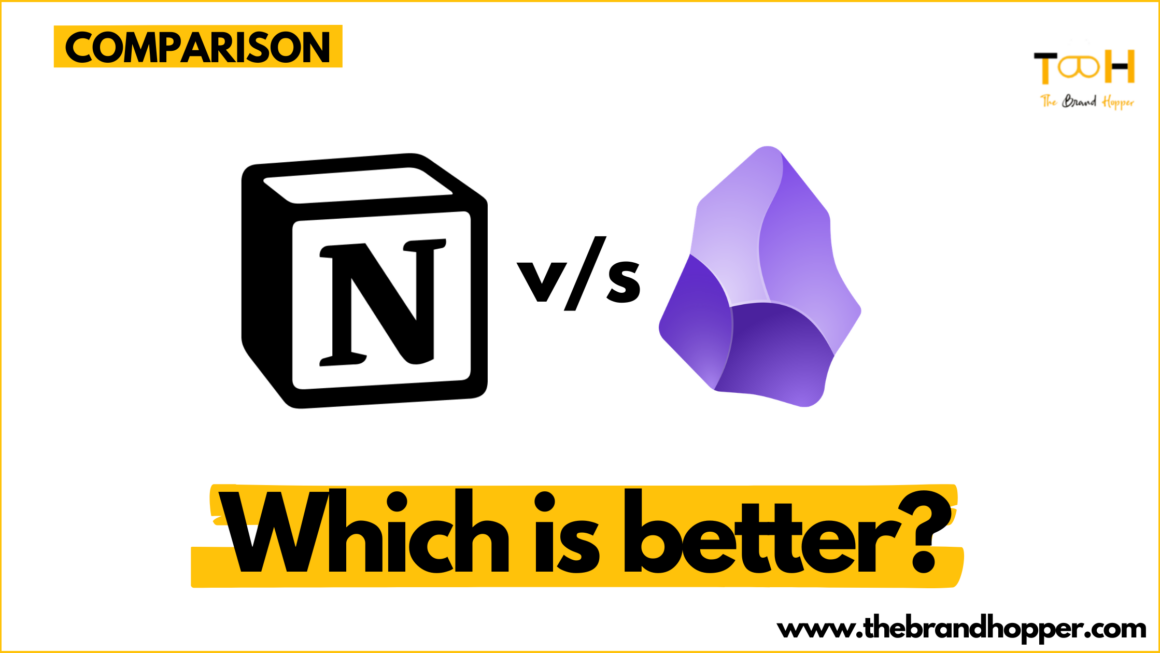Netflix, a name synonymous with streaming entertainment, has revolutionized the way we consume movies and TV shows.
Founded in 1997, it started as a humble DVD-by-mail service, but with a bold vision to disrupt the traditional video rental industry. This vision, coupled with their innovative subscription model similar to that of payday loans, propelled them to become the undisputed leader in streaming entertainment with over 260 million subscribers worldwide (as of Jan 2024).
Here’s what makes Netflix stand out:
- Vast library: Boasting a massive collection of licensed and original content, Netflix caters to diverse tastes with TV shows, movies, documentaries, stand-up specials, and even interactive experiences.
- Unmatched accessibility: Available in 190 countries and multiple languages, Netflix offers its service on a wide range of devices, from smart TVs and game consoles to smartphones and tablets.
- Personalized recommendations: Their sophisticated recommendation algorithm helps users discover their next favorite show, keeping them engaged and glued to their screens.
- Original content powerhouse: Netflix has become a major player in content creation, producing award-winning original series and films like “Stranger Things,” “The Crown,” and “Roma.”
- Constant innovation: From introducing downloading options to exploring interactive storytelling, Netflix is always pushing boundaries and shaping the future of entertainment.
But the streaming wars are heating up. Competitors like Disney+, HBO Max, and Amazon Prime Video are vying for viewers’ attention. Netflix, however, remains a dominant force in the industry, constantly evolving and adapting to stay ahead of the curve.
Fans of movies and TV shows not only watch them every day but also customize related peripherals to express their love. For example, Custom Pin Badges can accurately reflect your unique understanding and love of a certain movie character, whether it is the character’s costumes, accessories, iconic actions, or specific scenes, they can all be presented through PINs.
Everyone may have different favorite angles for the characters, and custom pin badges can meet this personalized demand, allowing you to show your preferences uniquely. The characters in TV series and movies often touch our emotions. custom pin badges can be used as an emotional sustenance, allowing you to feel the resonance and connection with the characters when wearing them. Whenever you see or touch these PINs, they will evoke beautiful memories and emotional experiences of the works. Custom pin badges usually have a high collection value, especially those that are beautifully designed and well-made. Over time, these PINs may become precious collections, recording your love and memories of a certain work.
Competitors of Netflix
Netflix might reign supreme in the streaming world, but its crown sits amidst a growing throng of challengers. From tech giants like Amazon and Apple to media powerhouses like Disney and HBO, Netflix faces competition on multiple fronts. Each rival brings unique strengths: Amazon leverages its vast ecosystem, Disney boasts beloved family franchises, HBO offers prestige dramas, and Apple throws its technological hat into the ring. This diverse and dynamic landscape forces Netflix to constantly adapt, innovate, and fight for viewers’ attention, shaping the future of streaming entertainment as we know it –
1. Amazon Prime Video

Amazon Prime Video offers a larger library compared to Netflix, but Netflix takes the lead with a vast collection of original content and highly-rated shows. Additionally, Netflix provides subtitles for more TV shows and movies, enhancing accessibility for viewers. While both services can stream in 1080p HD and 4K UHD resolution, Netflix stands out with a more extensive selection of 4K content, making it a preferred choice for those seeking higher video quality.
When it comes to availability, Netflix shines as it is accessible on more platforms and devices than Amazon Prime. Netflix’s user-friendly features, including customizable profiles, personalized recommendations, offline viewing, parental controls, and continuous playback, contribute to a tailored and convenient streaming experience. On the other hand, Prime Video offers unique features such as Amazon Watch Party and X-Ray, adding an extra layer of interaction for viewers. In terms of pricing, Amazon Prime Video comes at $8.99 per month or $14.99 per month with an Amazon Prime membership, while Netflix offers various plans, with the cheapest being mobile-only and limited to one screen at a time.
2. Disney+

Disney+ and Netflix differ in various aspects, starting with their pricing. Disney+ comes at a more affordable price than Netflix, making it an attractive option for budget-conscious viewers who still want access to a variety of exclusive content. Many users appreciate Disney+’s features, which some say surpass those of Netflix. With the ability to create seven user profiles per account, unlimited downloads for offline viewing, and simultaneous streaming on four devices, Disney+ provides a family-friendly and flexible streaming experience.
While Netflix boasts a larger content library with a diverse range of genres, Disney+ focuses on exclusive movies and shows from well-loved brands like Disney, Pixar, Marvel, Star Wars, and National Geographic. Additionally, Netflix tends to release all episodes of its original TV series at once, promoting binge-watching, while Disney+ adopts a weekly release schedule for new content.
Disney+ also offers an annual plan at a discounted rate, catering to users who prefer long-term subscriptions, whereas Netflix primarily offers monthly plans. When considering data usage, Disney+ uses between 2.25–3 GB per hour on automatic settings, and 1–1.5 GB per hour with the Data Saver option, while Netflix varies from 1 GB/hour for standard definition to 7 GB/hour for 4K Ultra, providing options for different internet connectivity preferences.
3. HBO Max

HBO Max and Netflix provide on-demand streaming services with some key differences. When it comes to streaming quality, HBO Max offers one version of HD, while Netflix provides three options: HD, Full HD, and Ultra HD. Additionally, Netflix has a more extensive collection of 4K content compared to HBO Max, offering viewers a higher resolution for an enhanced viewing experience.
In terms of device support, Netflix takes the lead by supporting a wider range of devices than HBO Max. While Netflix’s Basic, Standard, and Premium packages allow streaming on one, two, and four devices simultaneously, respectively, HBO Max allows up to three streams at once. HBO Max offers a semi-live TV experience, making new episodes available to stream as soon as they air on cable. Despite HBO Max’s base plan being cheaper than Netflix, the overall price depends on the specific plan chosen. Some users find them to be close in terms of quality and value, with each service having its own strengths and offerings.
4. Hulu

Hulu and Netflix are popular streaming services with distinct characteristics. In terms of content, Hulu stands out for its larger collection of current-season TV shows and recently aired content from TV networks. While Netflix boasts over 5,000 titles, Hulu focuses on a selection of 2,500 titles, placing a greater emphasis on current television content. Hulu’s on-demand streaming library is often more current than Netflix’s, with many shows available to stream just a day or two after airing.
When it comes to original content, Netflix takes the lead by consistently releasing fresh original shows and movies several days a week. In contrast, Hulu is more selective in its approach to original content. Regarding cost, both services offer ad-supported tiers, with Netflix priced at $7 per month and Hulu at $8 per month. Hulu also provides an ad-free plan for $14.99 monthly, which includes the option for 4K video at no extra charge. Netflix offers various features such as multiple accounts and profiles, parental controls, a link to voice command, and Dolby digital sound, contributing to a personalized and enhanced viewing experience.
5. Apple TV+

Apple TV+ and Netflix are both notable streaming services, each with its own strengths. While Netflix boasts a larger content library and wider compatibility with various devices, Apple TV+ prioritizes quality over quantity. In terms of cost, Apple TV+ is more budget-friendly compared to Netflix, providing an affordable option for viewers seeking high-quality content.
When it comes to original content, Netflix offers a broader selection, regularly releasing new shows and movies. In contrast, Apple TV+ takes a more measured approach, focusing on a slower release of original content. Both services support 4K resolution, but Netflix charges an additional fee for this feature, while Apple TV+ accounts can support up to six people, offering a generous option for larger households. Notably, Apple TV+ provides a free trial for potential subscribers, allowing users to explore the service before committing to a subscription, whereas Netflix does not offer a similar trial option.
6. Paramount+

Paramount+ and Netflix are popular streaming services with distinct offerings. Paramount+ boasts a large catalog of Paramount movies, live TV, and reality TV, providing a diverse range of entertainment options. On the other hand, Netflix offers an extensive collection of TV shows, movies, documentaries, and anime, catering to a wide variety of interests.
In terms of price, Paramount+ Essential comes at $5.99 per month or $59.99 per year, offering an affordable option with limited commercial interruptions. Netflix also provides access to a vast amount of content at a low monthly price. When it comes to subscribers, as of September 30, 2023, Paramount+ has 63.4 million subscribers, while Netflix boasts a much larger subscriber base of almost 250 million. Paramount+ launched on March 4, 2021, previously operating as CBS All Access since October 28, 2014, establishing itself as a newer entrant to the streaming landscape compared to the well-established presence of Netflix.
7. Peacock

Peacock and Netflix stand out as popular streaming services, each with its unique offerings. A notable distinction is that Peacock provides a feature that Netflix doesn’t – live TV. This includes well-loved shows like The Office, Parks and Recreation, and Brooklyn Nine-Nine, catering to those who enjoy watching content in real-time. Additionally, Peacock is generally more affordable than Netflix, making it an attractive option for cost-conscious viewers seeking diverse entertainment.
On the other hand, Netflix has carved its place in the streaming landscape with a vast selection of original content, including mature shows like Breaking Bad and Orange Is the New Black. Netflix’s extensive library tends to focus on a broader range of mature content compared to Peacock. While Peacock offers live TV, Netflix compensates with features like parental controls, personalized recommendations, and offline viewing, providing users with a customized and flexible streaming experience. In terms of subscribers, as of the provided information, Netflix boasts a significantly larger user base with 230.75 million subscribers, while Peacock has over 20 million subscribers.
This is just a snapshot of the dynamic streaming landscape. As technology evolves and viewer preferences shift, the competition will undoubtedly continue to heat up. Netflix, however, has proven its adaptability and remains a major force in the entertainment industry.
Also Read: Top 9 Competitors and Alternatives of IBM
To read more content like this, subscribe to our newsletter





